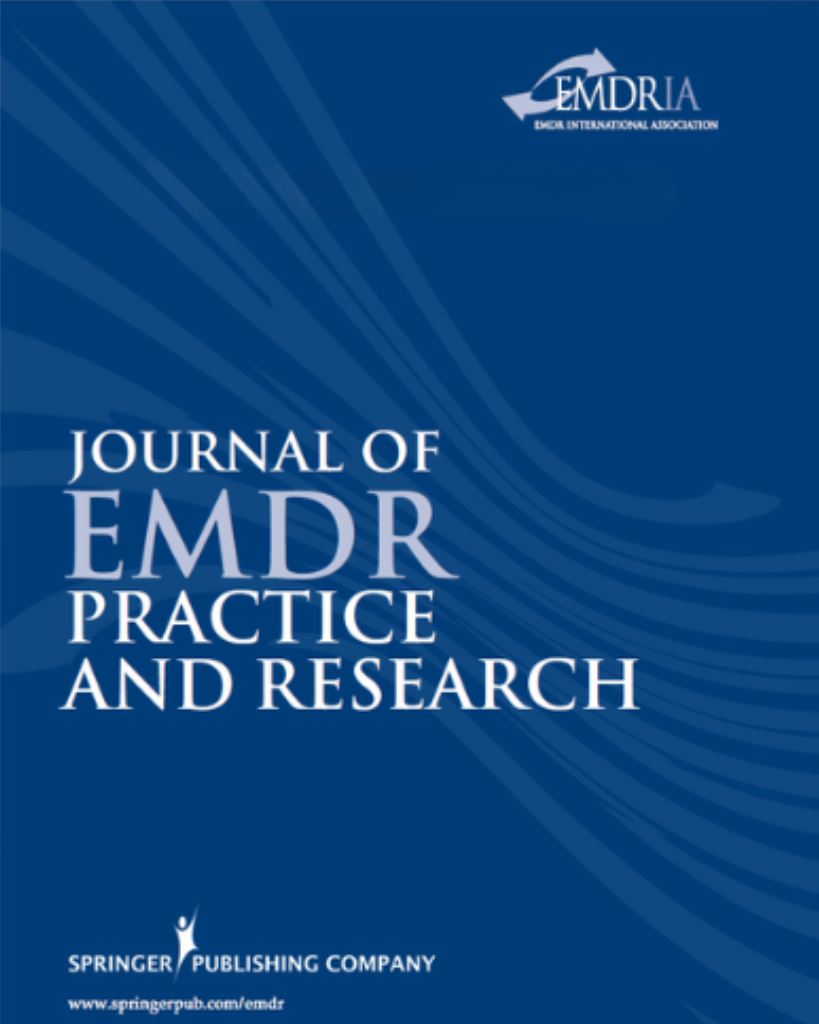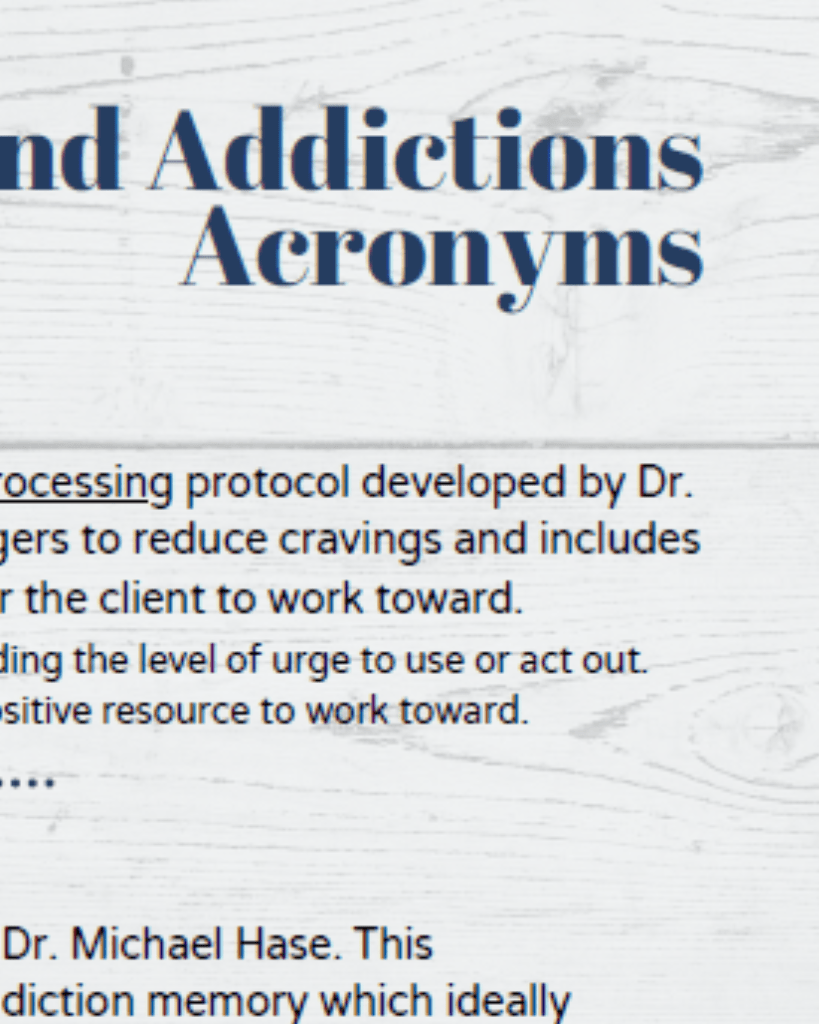The feeling-state theory of impulse-control disorder and the impulse-control disorder protocol
A case study using EMDR-derived technique to address impulse-control disorders and positive feelings linked with behaviors.
Article Abstract
“Impulse-control disorders such as pathological gambling, sexual addiction, and compulsive shopping cause enormous suffering in people’s lives. The feeling-state theory of impulse-control disorders postulates that these disorders are created when intense positive feelings become linked with specific behaviors. The effect of this linkage is that, to generate the same feeling, the person compulsively reenacts the behavior related to that original positive-feeling event, even if detrimental to his or her own well-being. This reenactment creates the impulse-control disorder. The therapy described in this article is the Impulse-Control Disorder Protocol (ICDP), which uses a modified form of eye movement desensitization and reprocessing (EMDR) to address these fixations. A case study of an individual with pathological gambling illustrates the application of ICDP.”
—Description from publisher
Article Access
Purchase/Subscription Required
Miller, R. (2010). The feeling-state theory of impulse-control disorder and the impulse-control disorder protocol. Traumatology, 16(3), 2-10. https://doi.org/10.1177/1534765610365912
Date
September 1, 2010
Creator(s)
Robert Miller
Topics
Addictions, Compulsive Behaviors
Extent
9 pages
Publisher
American Psychological Association
Rights
Copyright © 2010, the Author(s)
APA Citation
Miller, R. (2010). The feeling-state theory of impulse-control disorder and the impulse-control disorder protocol. Traumatology, 16(3), 2-10. https://doi.org/10.1177/1534765610365912
Audience
EMDR Therapists
Language
English
Content Type
Article, Peer-Reviewed
Access Type
External Resource





